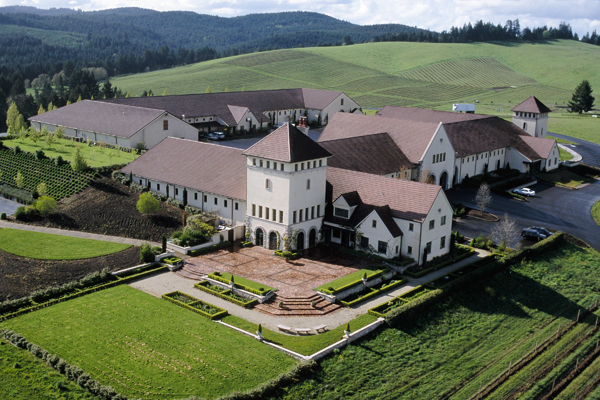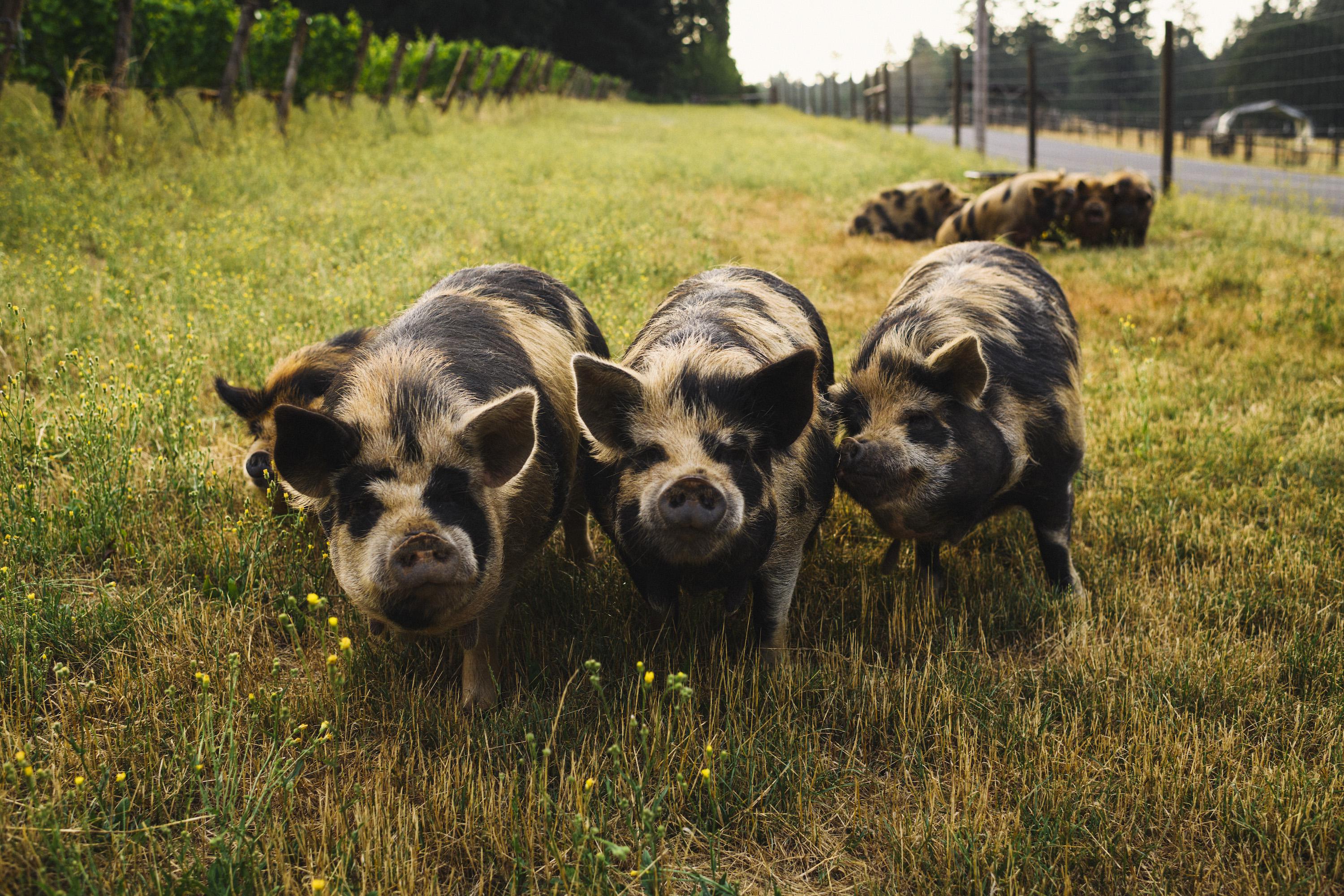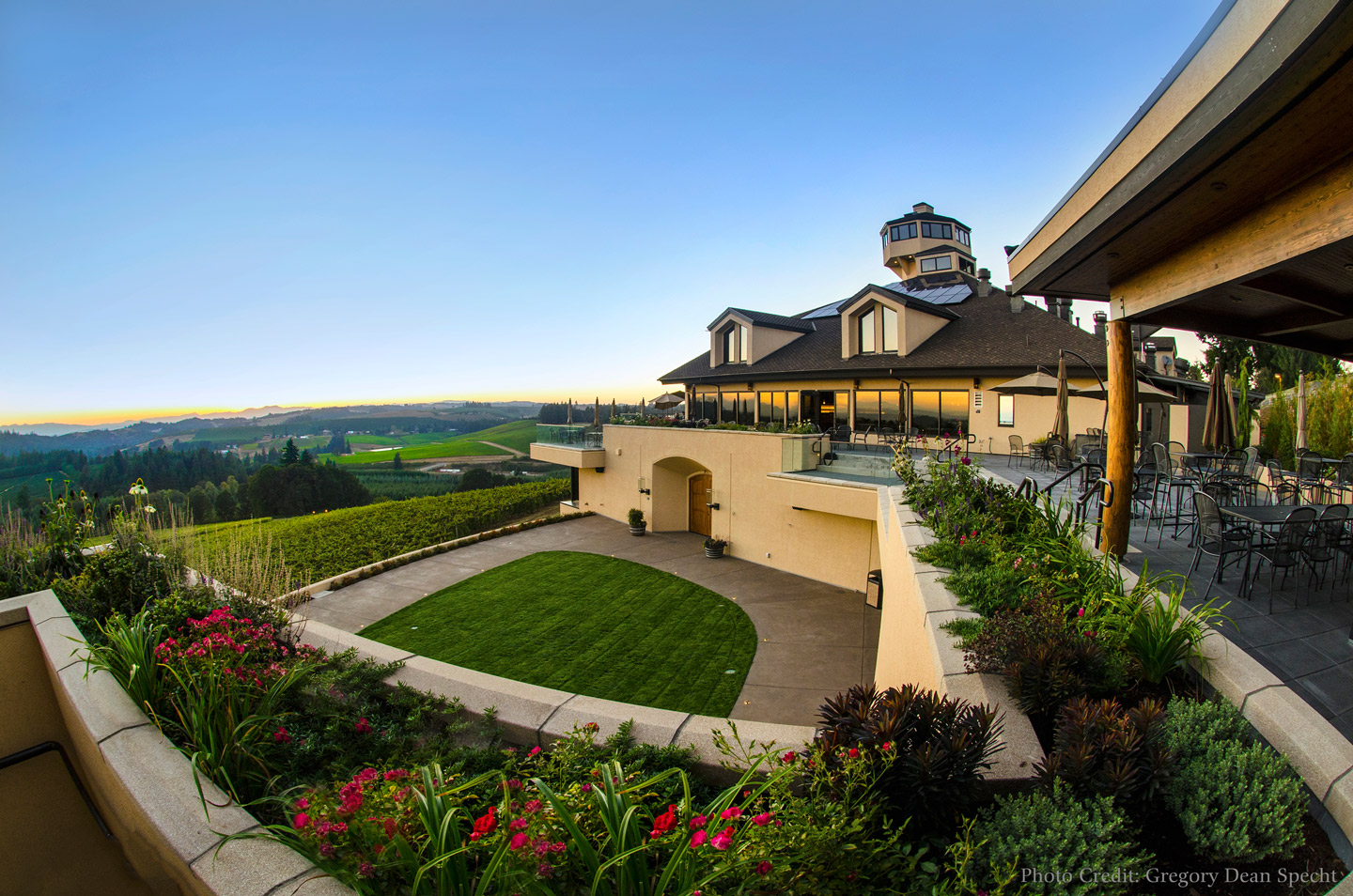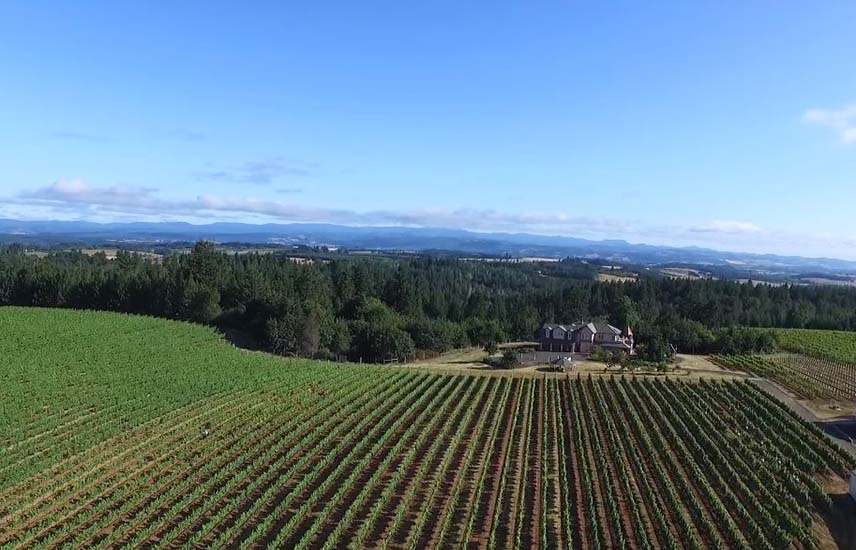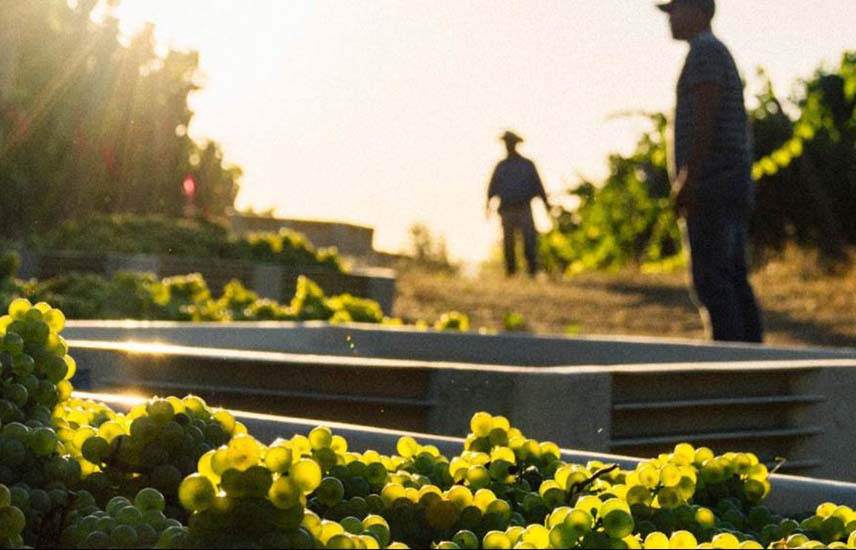Sustainable Wine Experiences in the Willamette Valley
Willamette Valley growers, farmers, winemakers and tastemakers are driven by their desire to harvest and create something that reflects a sense of place. Ask any one of them, and you'll find they are eager and earnest about sharing the place they work and live. And while they are, of course, proud to share their experience and serve the literal fruits of their labor with you, they serve this land first. Preserving, protecting and conserving the health of their river valley is vital to their mission for a better Willamette Valley.

More than half of Oregon's vineyards were farmed sustainably before it was trendy, and Oregon today boasts the greatest commitment to sustainable farming of any wine region in the United States. In essence, as growers, they let nature do most of the talking.
And as the world embraces sustainability from all corners, Oregon farmers, winemakers, and tastemakers (who are generally known for pushing the bar) are gearing up for the next challenge: regeneration.
your winemaker can do more than fill a glass
Regeneration, by definition, aims to go beyond the slowing of degradation and strives to restore a relationship in a new and ongoing way. Regenerative tourism in the Willamette Valley aims to craft sustainable solutions that create deeper, more enriching experiences for the visitor. It is about creating a new map of sorts, one that navigates the tourism industry's every facet and shows how it can improve the lives of everyone it touches-line cooks to tour guides to hoteliers.


The way we see it, when you come to the Willamette Valley, your experience shouldn't be limited to visiting a winery to taste and take some home (though we do recommend you do that while here!). Rather, it might mean talking to the vintner on a visit, learning about the winemaking process, and understanding why wine is so important to the region and local economy-and how sustainable practices build a balance in an ongoing ecological system. It creates a deeper, more meaningful experience for everyone. Winemakers can better share their stories, and visitors, part of a more holistic experience, head home with an enriching experience.
So strike up a conversation around conservation on your next visit and learn a little about how you can leave the valley stronger just by visiting.
It is an honor to shine the spotlight on a handful of wineries and vineyards that are changing the travel experience through conservation and making strides in regenerative practices for a better Willamette Valley.
wineries
 Loading
Loading Loading
Loadingcertifications
Demeter Certified Biodynamic. The Demeter Association certifies farms and products to international biodynamic standards that date back to 1928. In order for a farm to be certified, it must demonstrate that it has undergone biodynamic stewardship for a minimum of two years.
Biodynamic producers adhere to a strict set of standards when it comes to making wine. In its simplest terms, biodynamic wines are those made with minimal intrusion from the winemaker, letting the soil, water and natural processes dictate how the vines grow.
USDA Certified Organic. Organic food production is based on a system of farming that mimics natural ecosystems and maintains and replenishes the fertility of the soil.
Oregon organizations that offer USDA Organic certifications include Oregon Tilth and the Oregon Department of Agriculture.
Salmon-Safe (www.salmonsafe.org) is a corollary certification that certifies farming practices that restore and protect healthy streams and rivers, focusing especially on control of soil erosion and runoff.
L.I.V.E. (Low Input Viticulture and Enology) Certified. (www.livecertified.org)
Learn more about the principles of regenerative tourism and the United Nations Sustainable Development Goals designed to help solve community challenges in the destinations we visit.








